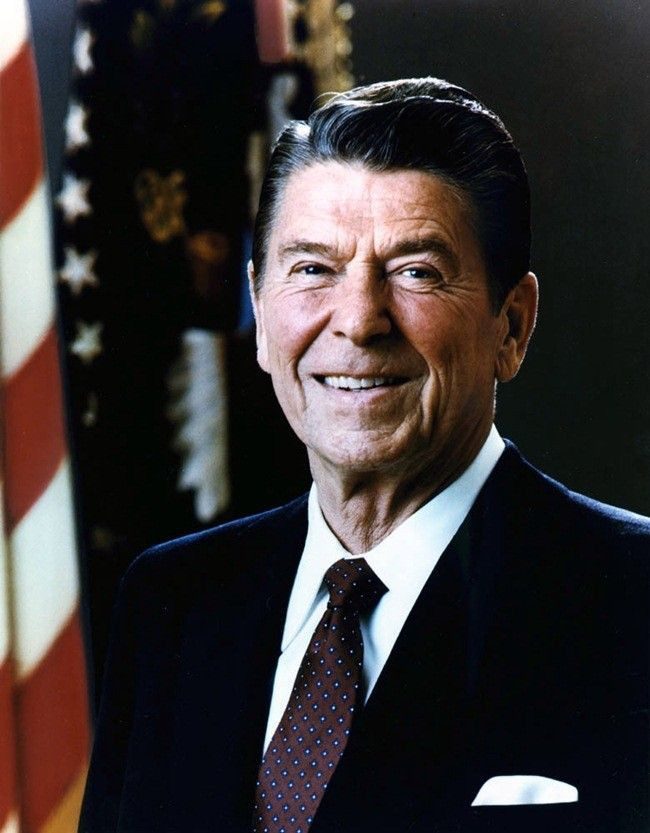Debt Talks: Are Democrats Closer to Ronald Reagan Than GOP?

Former President Ronald Reagan's status in the modern Republican Party is somewhere between architect and patron saint: he is the man credited with best embodying conservative beliefs, the leader whom Republican candidates reflexively invoke as their idol. But as the debt talks lurch on, Democrats are charging that Reagan is closer to the Democratic party than the Tea Party.
Republicans have been immovable when it comes to striking a budget compromise. They have dismissed warnings about the catastrophic results of failing to raise the debt ceiling as fearmongering, and they have rejected anything that would make taxes higher for anyone -- even if it would mean Democrats acquiescing to cuts to Social Security or Medicare, programs that are as sacrosanct to Democrats as the Gipper to the GOP.
U.S. Rep. Chris Van Hollen, D-Md., pointed out on Friday that Reagan presided over 18 increases to the debt ceiling and 11 tax raises, and on Tuesday Democrats alluded to Reagan's ability to compromise as they underscored Republican intransigence. U.S. Rep. John Larson, D-Conn., played an audio clip in which Reagan condemned debt brinkmanship, and other Democrats followed suit.
In the year of his 100th birthday, the Great Communicator might be amazed at how far his own image has shifted from the original, U.S. Rep. Mike Quigley, D-Ill. said after reading from a letter in which Reagan warned Congress of the risk of default. He'd see his most dedicated followers using his name as justification for saying no to honoring our debts. He'd see his legacy used to play chicken with the world's greatest economic engine.
President Barack Obama also invoked Reagan's willingness to strike a bipartisan accord, saying in his weekly radio address that Ronald Reagan worked with former House Speaker Tip O'Neill, D-Mass., and Democrats to cut spending, raise revenues, and reform Social Security.
© Copyright IBTimes 2025. All rights reserved.




















